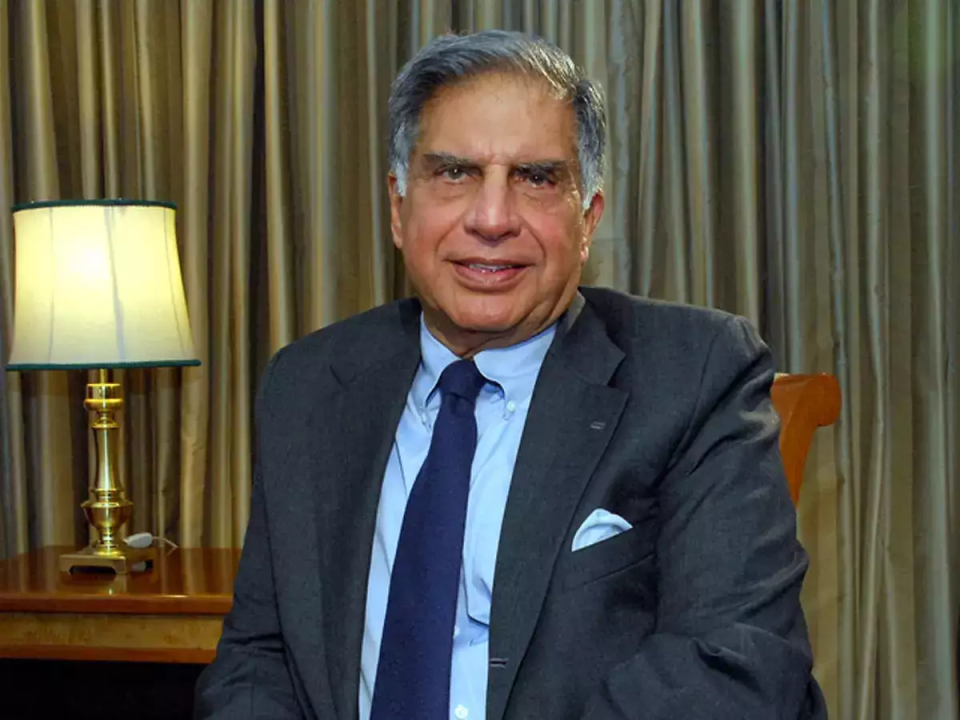Table of Contents
An Executive MBA (EMBA) can be highly beneficial for certain professionals, depending on their career goals, level of experience, and personal circumstances. Let’s explore the benefits, costs, and differences of an EMBA to help determine if it’s worth pursuing.
Benefits of an Executive MBA (EMBA):
1. Career Advancement: The EMBA is designed for mid-career professionals seeking to accelerate their career growth. It equips them with advanced management skills, strategic thinking, and leadership capabilities, making them more competitive for senior-level positions.
2. Networking Opportunities: EMBA programs often bring together experienced professionals from diverse industries and backgrounds. The extensive network of classmates and alumni provides valuable connections and potential career opportunities.
3. Immediate Application of Knowledge: Unlike traditional MBA programs, EMBA students can apply the acquired knowledge and skills directly to their current job roles, enhancing their contributions to the organization.
4. Minimal Career Interruption: EMBA programs are designed for working professionals, allowing them to continue their careers while pursuing their studies. This means no significant career break or loss of income.
5. Real-world Experience: EMBA cohorts consist of professionals with substantial work experience, creating an environment of peer learning, where participants can share real-world insights and practical solutions to business challenges.
6. Enhanced Leadership Skills: EMBA programs focus on leadership development, enabling students to become effective decision-makers and change agents within their organizations.
Costs of an Executive MBA (EMBA):
1. Tuition Fees: EMBA programs are often more expensive than traditional MBA programs due to their specialized nature and the convenience they offer to working professionals.
2. Opportunity Cost: While studying for an EMBA, professionals are still working, which means they need to balance the demands of their job with the additional time required for coursework and assignments.
3. Personal Commitments: Juggling work, studies, and personal commitments can be challenging and may require sacrifices in terms of family time and personal activities.
Differences between an Executive MBA (EMBA) and a Traditional MBA:
1. Candidate Profile: EMBA candidates are typically experienced professionals with 8 to 15 years of work experience, while traditional MBA candidates may have limited to moderate work experience.
2. Program Format: EMBA programs are designed to accommodate working professionals, often featuring weekend classes, modular formats, or online options. Traditional MBA programs may have full-time or part-time formats with classes during weekdays.
3. Curriculum: EMBA programs emphasize executive-level skills and strategic decision-making, while traditional MBA programs offer a more comprehensive business education with the option to specialize in various disciplines.
4. Duration: EMBA programs are generally shorter, ranging from 12 to 24 months, whereas traditional MBA programs typically last two years for full-time students.
Is an Executive MBA Worth It?
Whether an EMBA is worth it depends on your individual career objectives, level of experience, and financial situation. If you are a mid-career professional looking to advance to senior management roles, an EMBA can provide a targeted skill set and networking opportunities to help you achieve your goals. Additionally, the immediate application of knowledge to your current job can lead to tangible benefits for both you and your employer.
However, if you are at an early career stage or seeking a broader business education, a traditional MBA may be more suitable. It offers the chance to explore different business areas, gain foundational skills, and transition into a new industry.
Ultimately, the decision to pursue an EMBA Program in India should be based on a careful evaluation of your career aspirations, willingness to balance work and studies, and the potential return on investment in terms of career advancement and salary growth. Conduct thorough research, speak to alumni and professionals who have completed EMBA programs, and assess how it aligns with your long-term career goals before making a decision.






